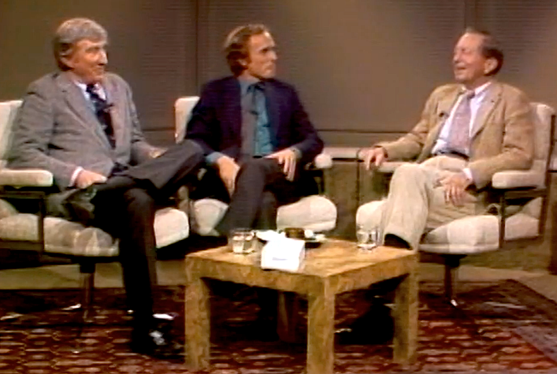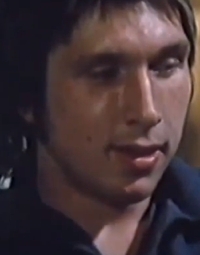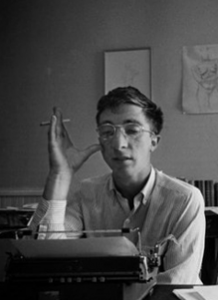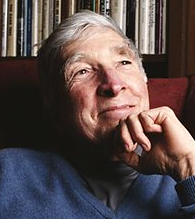 John Updike Society president Jim Plath appeared as a guest on an episode of The Great Concavity podcast that was recorded live in front of attendees at the fourth annual David Foster Wallace conference at Illinois State University in Normal, Ill. Roughly one hundred people were in the audience to hear ISU’s Charlie Harris and Plath, from nearby Illinois Wesleyan University, talk about the life and legacy of Wallace . . . and, of course, Wallace’s infamous scathing review of Updike’s Toward the End of Time.
John Updike Society president Jim Plath appeared as a guest on an episode of The Great Concavity podcast that was recorded live in front of attendees at the fourth annual David Foster Wallace conference at Illinois State University in Normal, Ill. Roughly one hundred people were in the audience to hear ISU’s Charlie Harris and Plath, from nearby Illinois Wesleyan University, talk about the life and legacy of Wallace . . . and, of course, Wallace’s infamous scathing review of Updike’s Toward the End of Time.
The podcast, which is dedicated to DFW, is hosted by Matt Bucher and Dave Lair. Anyone who saw the DFW biopic The End of the Tour (2015) knows that Charlie Harris not only hired Wallace, but was a close personal friend whose daughter also dated Wallace. Plath was part of the Bloomington-Normal literary community when Wallace first arrived, and recalls introducing him at the Bloomington Parks and Rec “WordsFair” and running into him at parties and literary gatherings. As an Updike scholar, he also offers insight into Wallace’s anti-Updike remarks.







